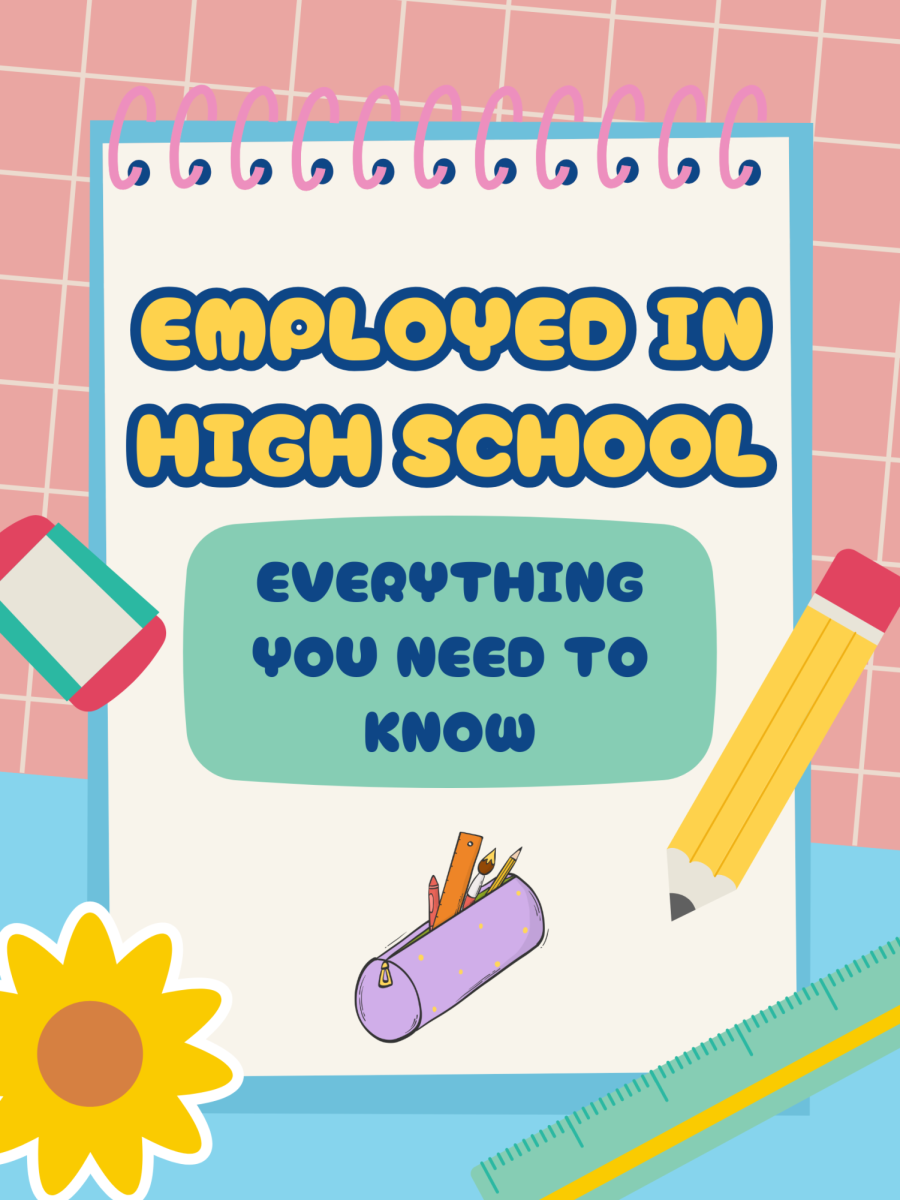Between school, homework, social lives, sports, and extracurricular activities, high school students already have a lot on their plates. Adding a part-time job to the list of responsibilities is simply another aspect of growing up into adulthood.
With so much going on in a high school student’s life, many students become on the fence about whether they should get a job in high school or not. Whether it’s folding clothes at a retail store, making salads, or brewing coffee, millions of high school students around the country are getting the experience of the workforce before they graduate high school.
High school students work for multiple reasons. Some want money for personal uses, others are saving for college, contributing to family income, or want financial independence.
According to Reese Apgar, a senior at WMC, she has had a total of four jobs. Apgar got her first job when she was fourteen at a local coffee shop in Long Valley called The Coffee Potter. The first day of a job can be nerve-wracking for anyone.
If Apgar could tell her “first day on the job” self one thing, she says, “I would tell myself to introduce myself to everyone, smile, have a positive outlook on the day and training because training can be a little difficult, but you always get through it. Everyone has been in the same boat; everyone starts somewhere, and everyone has to learn somehow. The same people who are training you once had to be trained.” Those first-day jitters are normal, but the process gradually gets easier.
It can be difficult to incorporate a job into your daily life as a high school student. Studies show that high school students work at most 15─20 hours per week during the school year to prioritize their academic success and overall well-being. Without proper balance, the stress from working can negatively affect the other priorities in life.
Kylie Turner is a senior at WMC who works at GAP. To improve time management, she says, “Something that has been super helpful is putting my availability for the days I can work on the days that I know are the least hectic for me.” That way, Turner has the ability to still prioritize school and her social life while having a job.
Being employed in high school teaches students a variety of life lessons that will be beneficial for their future. Kristin Cheung, a senior at WMC who works at Shoprite, says, “…you get to work and communicate with all different types of people. Being a good communicator is one of the most critical aspects of being a good employee.” According to Cheung, she believes that growing her communication skills will help her in future jobs.
Not only that, but being employed in high school teaches work ethic, workplace etiquette, financial responsibility, and independence. According to a study by Walden University, working while in high school teaches the value of money and builds confidence in new/uncomfortable experiences. Students are provided the opportunity to strengthen their organizational, social, and financial skills.
If Apgar could give advice to a high school student seeking or new to a job, she says, “…to work hard even if no one is watching because hard work does not go unrecognized.” For many students, the benefits of their jobs outweigh the challenges they face. Although a job in high school may require discipline, it also introduces adolescents to life lessons that are crucial for their lives after high school.

































